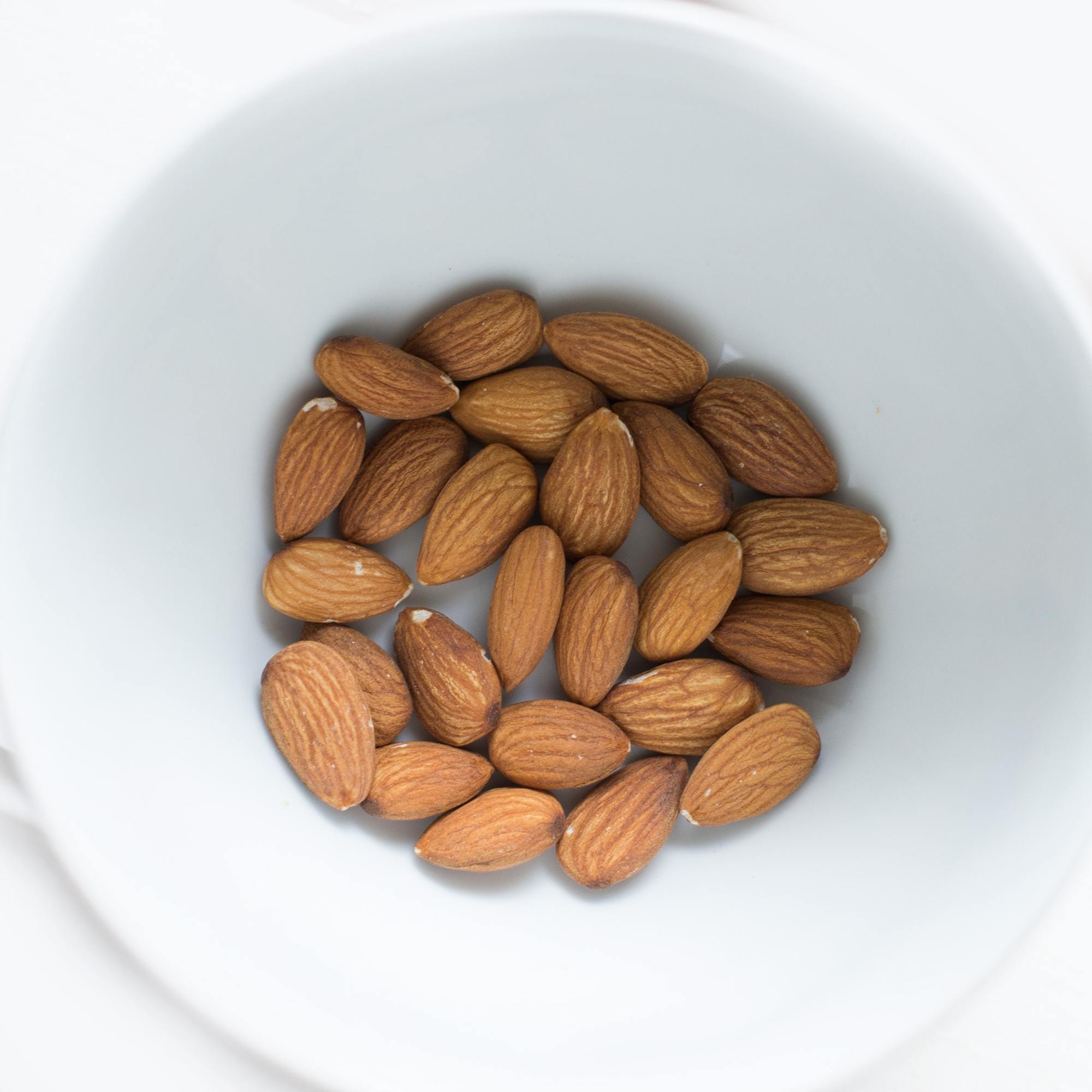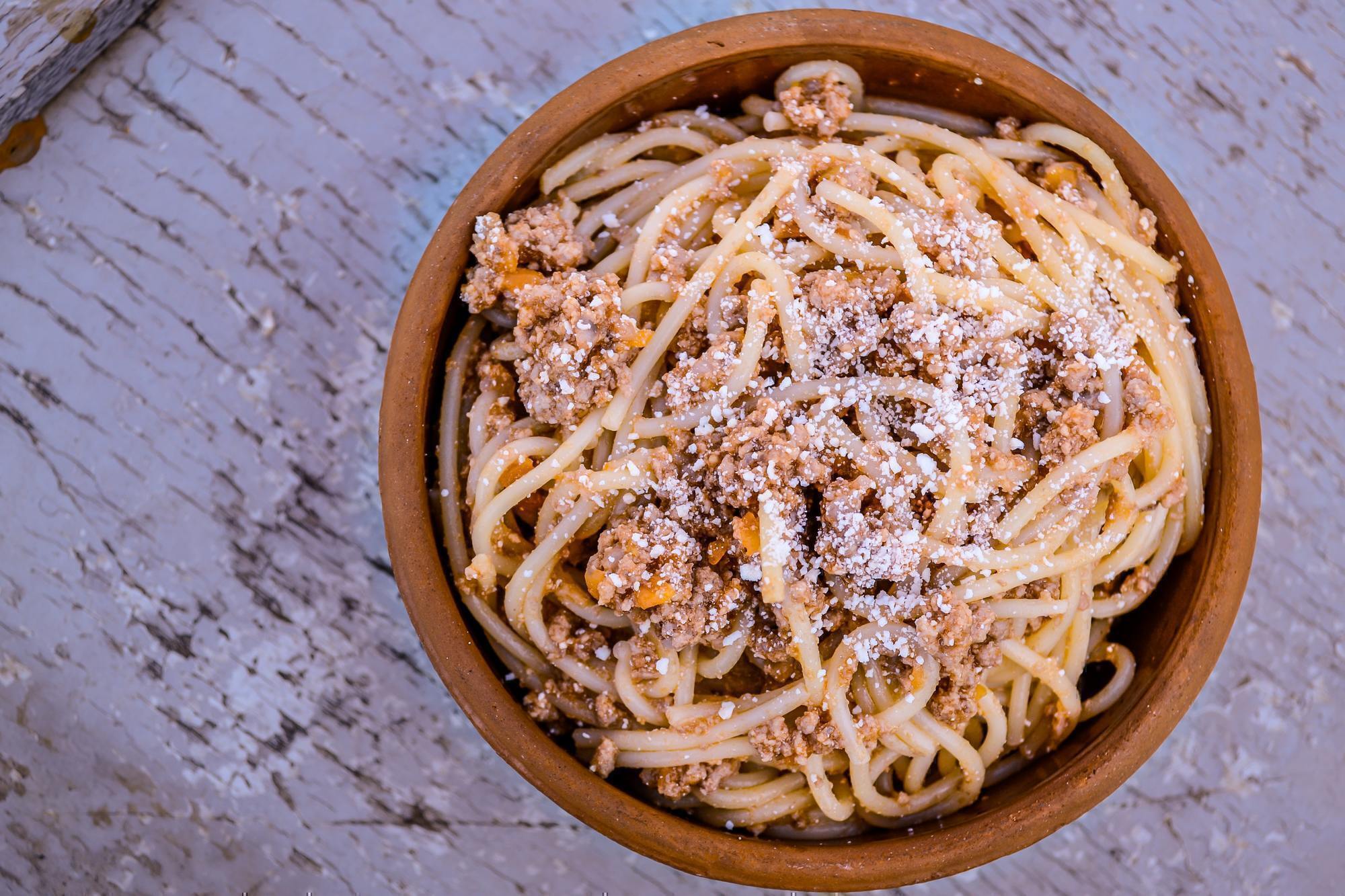SPONSORED
The question of meal timing is one that comes up often, with folks wondering whether they’re eating frequently enough, or enough at any one time. One common concern has to do with carbohydrate timing and whether progress is being hurt or even reversed by getting carbs in at the wrong time of day.
The simple answer is that, depending on your goals, you may benefit from getting more of your carbs at a certain time of day, but ultimately it’s getting them all in by the end of the day that matters most.
Fast-Digesting Carbs Post-Workout Are a Must
While one reason we exercise is to burn off unwanted body fat, during your workouts your body actually relies more on its stores of muscle glycogen for fuel.
Glycogen fills your muscle cells and is broken down to produce ATP, which is the real source of energy your muscles use when performing explosive, powerful movements like lifting weights. Your body holds roughly 400 grams of carbohydrates in the form of glycogen, and during an average workout it will use up a decent amount of this supply.
Carbohydrate sources like dextrose, maltodextrin, or corn syrup are broken down and utilized by the body quickly, and following workouts your body is primed to absorb and use them to replenish spent glycogen. This leaves your muscles fuller, fueled, and also helps with the uptake of other nutrients you’re likely to be getting after a workout.
I generally recommend consuming anywhere from 30-60 grams of fast-digesting carbs post-workout. For more information on this recommendation, and post-workout carbs in general, read my To Carb or Not to Carb? article on JimStoppani.com.
Timing Your Slow-Digesting Carbs
This is where things can get a bit trickier. What’s the best way to space out your complex carbs? It depends. Below, I break down a few different scenarios involving carb timing relative to your workouts and how your nutrition can best support them:
Maximizing Power/Endurance: If your goal is to increase your power potential in the gym, placing the majority of your complex carbs prior to your workout can help. By fueling up in advance of your heavy-lifting sessions, your body will have an ample supply for regenerating ATP between sets.
Maximizing Size: If muscle hypertrophy is your goal, you actually want your muscles as fatigued as possible by the end of your workout. In this case, loading up on carbs after your workout during the recovery period will help by giving your muscles plenty of fuel for repair, optimizing their growth in response to the damage you’ve inflicted on them during the workout.
Maximizing Fat Loss: When training for the purposes of burning fat, an even distribution of carbs throughout the day is most effective, although you’ll still want to up the amount of carbs in your pre- and post-workout meals to promote better performance and recovery.
Carb Timing Beyond Workouts
What about the rest of the day, or on days without workouts? Get ready for some welcome news. Studies have shown that ultimately, for the interest of overall health and well-being, carb timing isn’t nearly as critical as simply hitting your target for the day. Here, it really comes down to the individual.
If a big breakfast to start off the day works best for you, then you can get your fill of carbs in the morning—just be sure to leave some of your carb budget for around your workouts. If you find yourself famished after workouts and prefer to get more carbs and starches then, by all means go with a carb-heavy dinner.
One thing that may surprise you is that carbs before bed are not only safe in terms of maintaining your progress, but they may actually help. It’s a common misunderstanding that due to the inactivity of sleep, metabolism necessarily ramps down, and this leads people to think that carbs too close to bedtime will automatically lead to fat gain.
In reality, metabolism stays fairly steady during sleep, and in fact may even increase as the body recovers from the day’s activity. This means carbs eaten before bed can actually fuel recovery and lead to even better progress. In addition to that, studies have shown that sleeping in a fed state promotes better sleep, which further enhances overall recovery.
Folks who get a meal before bed also report waking less hungry, and in some studies this has contributed to their fat loss efforts. That’s right—far from the bogeyman they’ve been made out to be, nighttime carbs may actually help you lose even more fat, rather than gain.
The Bottom Line
As you can see, ultimately how you time your carbs (or any macro) is secondary to whether or not you hit your targets. While it’s important to surround your workouts with sufficient nutrition, which can vary depending on your goals, in general any time of day is the right time of day, even just before bed.
Feel free to play around with your meal schedules, find out what works best for you and your goals, and don’t be afraid of a little bedtime snack. You may find yourself waking up to even better progress than before
READ NEXT: TRAINING FUNDAMENTALS – REP RANGES






